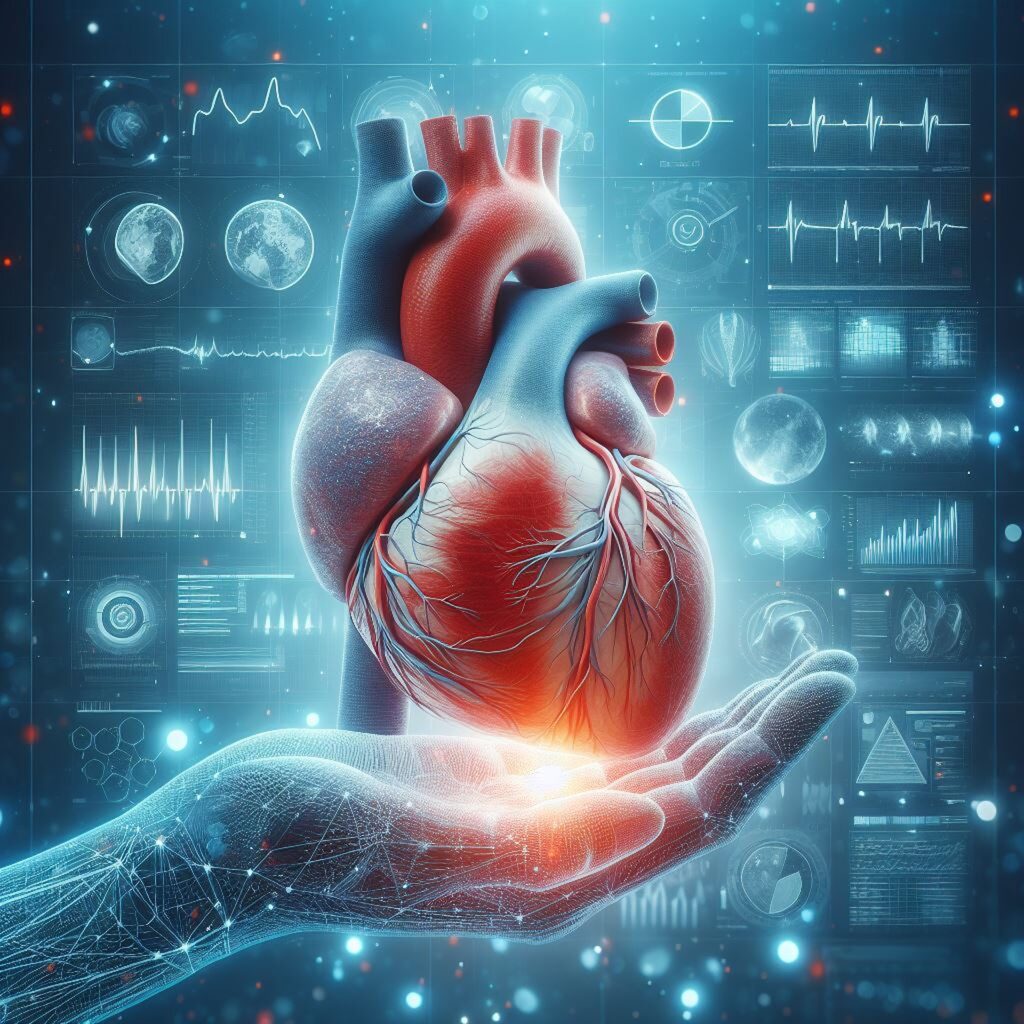
Defined triggers are essential in ensuring timely identification and referral of potential organ and tissue donors. These triggers are based on clinical observations and established medical criteria, helping healthcare providers recognise suitable donors early, thereby increasing the likelihood of successful organ transplantation and tissue donation.
1. Neurological Criteria
- Glasgow Coma Scale (GCS) Score:
- A GCS score of ≤5, particularly in the absence of sedation, suggests severe neurological impairment.
- Severe Brain Injury or Intracranial Haemorrhage:
- Patients with traumatic brain injuries, subarachnoid haemorrhage, or other forms of severe intracranial bleeding.
- Neurological Deterioration:
- Rapid decline in neurological function, including the loss of brainstem reflexes.
- Diagnosis of Brain Death:
- Clinical and confirmatory tests indicate brain death according to established medical and legal criteria.
2. Cardiovascular Criteria
- Haemodynamic Instability:
- Patients with persistent hypotension or other signs of cardiovascular instability despite adequate resuscitation efforts.
- Cardiac Arrest:
- Patients who have suffered cardiac arrest and are not expected to recover meaningful brain function despite resuscitation efforts.
3. Respiratory Criteria
- Mechanical Ventilation:
- Patients requiring mechanical ventilation, particularly those with severe, irreversible respiratory failure.
- Severe Hypoxia or Hypercarbia:
- Patients with critically low oxygen levels or significantly elevated carbon dioxide levels unresponsive to treatment.
4. Additional Clinical Indicators
- Non-Responsiveness to Treatment:
- Lack of responsiveness to medical interventions and a poor prognosis for recovery.
- Family Indications:
- Family indicating interest or known patient’s wishes regarding organ donation.
The Importance of Early Identification:
Early identification based on defined triggers allows for:
- Prompt Referral to SNOD (Specialist Nurse for Organ Donation): Early referral ensures the SNOD team can assess the patient’s suitability and initiate conversations with the family about donation.
- Maximised Organ Viability: Early identification helps preserve organs for a longer period, increasing the chance of successful transplantation.
- Respecting Donor Wishes: It allows time for families to consider organ donation and make informed decisions based on their loved one’s wishes.
